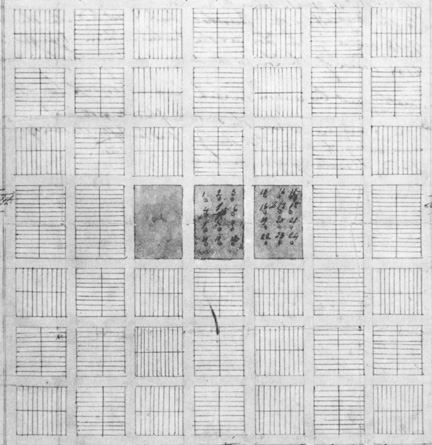Category: Latter-day Saint Thought
-

Peace
Sometimes unintentional mistakes lead to interesting lines of thought. A few weeks ago I misheard a speaker in an LDS meeting. The speaker was quoting John 14:27, and either because of the speaker’s mispronunciation or my imperfect hearing, I heard the word “live” instead of the word “leave.” This lead me to think about what…
-
Challenges of Church History
Just finished A Brief History of History: Great Historians and the Epic Quest to Explain the Past (The Lyons Press, 2008) by Colin Wells. It is a quick review of all those names you have heard a time or two (Thucydides, Tacitus, Guicciardini, Ranke, Burckhardt, Turner, Braudel, etc.) woven together into a narrative. Favorite quote:…
-
MR: Death Is Lighter than a Feather: A Review of C.S. Lewis’ The Great Divorce
A new issue of The Mormon Review is available, with Adam Greenwood’s review of The Great Divorce, by C.S. Lewis. The article is available at: Adam Greenwood, “Death Is Lighter than a Feather: A Review of C. S. Lewis’ The Great Divorce,” The Mormon Review, vol.3 no. 1 [HTML] [PDF] In this essay, Greenwood reads…
-
Notable Race-Related Changes to Footnotes and Chapter Headings in the Standard Works
Marvin Perkins is a Latter-day Saint music producer who is currently the Public Affairs Co-chair for the Genesis Group and who has worked to nurture understanding between African Americans and Latter-day Saints and attack misconceptions (see our 12 Questions series with Brother Perkins from 2009). This morning, Brother Perkins circulated the following email to his…
-
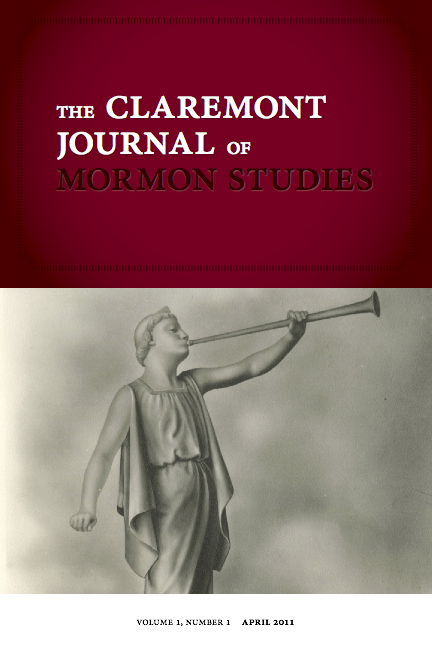
New Mormon Studies Journal starts in April
The Claremont Graduate School’s Mormon Studies program has produced another contribution to the study of Mormonism: a student-run on-line journal. Which makes me wonder, how many Mormon Studies journals can be supported?
-
Helpless as a Baby
This is the time of year for Christmas devotions. This year my thoughts have been on the impulse to serve the needy that we have at Christmas. We don’t have it at Easter. My thoughts have also been on the Christ child. The religious significance of the grown Christ, on the cross and in the…
-
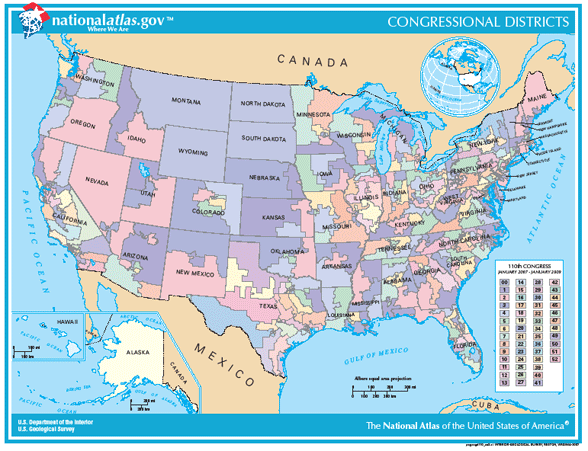
Apportionment tomorrow likely means more Mormons in U. S. Congress
On December 21st the U.S. Census Bureau will release the initial results of the 2010 census and indicate which states will gain members of Congress and which states will lose members of Congress. From the estimates made by third parties, it seems likely that the number of Mormons in Congress will increase as a result.
-
Church and Family
After a flurry of posts related to the new edition of the CHI (now titled Handbook 1 and Handbook 2), the Bloggernacle has fallen silent. (The Salt Lake Tribune has followed up with a helpful article.) One of the new features of Handbook 2 (“H2”) highlighted in the worldwide training broadcast is the three introductory…
-
Downgrading Doctrine
Here is a second post (see No. 1) drawn from Stephen Prothero’s God Is Not One (HarperOne, 2010). In Chapter 7, titled Judaism: The Way of Exile and Return, Prothero comments on how ritual and ethics receive greater emphasis in Judaism and doctrine receives less emphasis than in, for example, Christianity. I wonder to what…
-
MR: Groundhog Day
A new issue of The Mormon Review is available, with Adam Miller’s review of Groundhog Day, directed by Harold Ramis. The article is available at: Adam Miller, “Groundhog Day,” The Mormon Review, vol.2 no. 5 [HTML] [PDF] For more information about MR, please take a look at the prospectus by our editor-in-chief Richard Bushman (“Out…
-
Mormonism in God Is Not One
I’ve been reading Stephen Prothero’s new book, God Is Not One: The Eight Rival Religions That Run the World — and Why Their Differences Matter (HarperOne, 2010). I’m rather enjoying it, which is a bit of a surprise given that I’m not generally a religions of the world kind of guy. Anyway, Prothero devoted a…
-
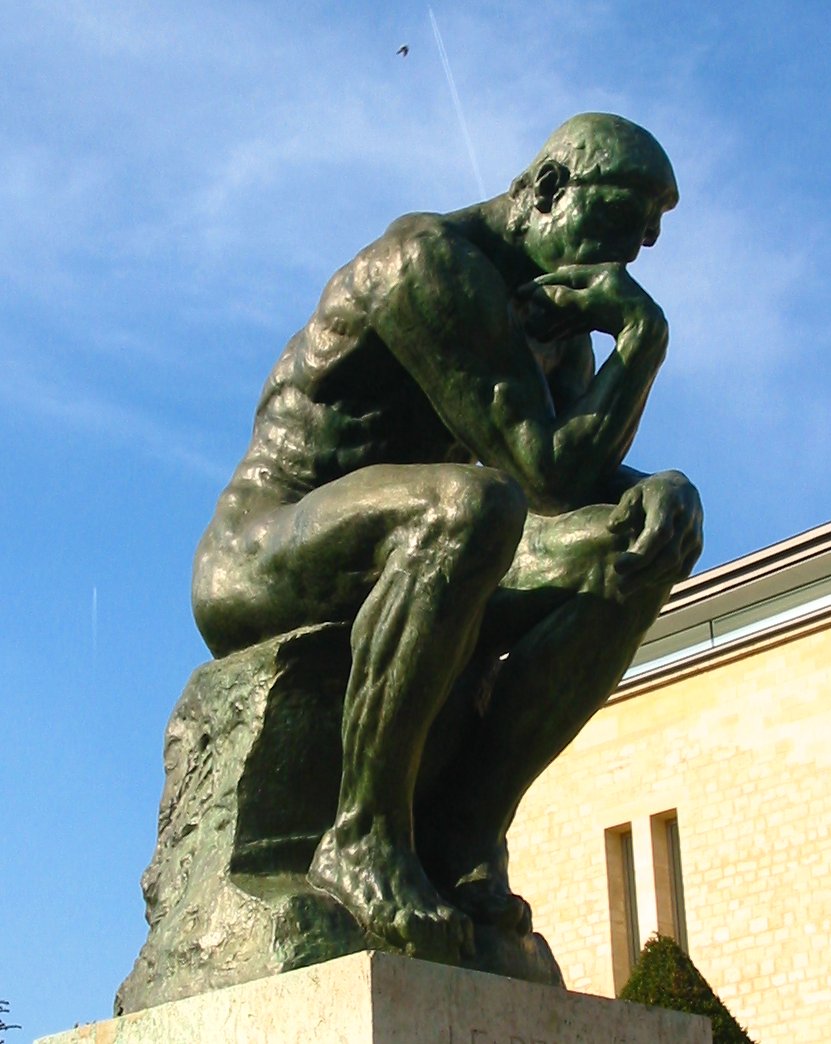
What we talk about when we talk about God
Bruce Feiler’s daughter was just five when she pitched him a question right to the gut of religious experience: “Daddy, if I speak to God, will he listen?” Feiler writes books on the Bible and God for a living, so he’d presumably given the question some thought. Nevertheless he had no good answer ready for…
-

Once upon a time on earth: the Church in a changing world
In debates over controversial religious issues, one often encounters a certain kind of argument from history, a sort of “once upon a time” argument. Once upon a time, it’s argued, the Church considered a given practice or belief, from witchcraft to usury to the heliocentric cosmos, to be immoral, unbiblical or otherwise forbidden. The particular…
-
Why would our Heavenly Father do that to anyone?
It’s a vexing question, asked frequently and nearly always plaintively. President Boyd K. Packer asked it rhetorically this week, supporting and strongly affirming the church’s stance on sexuality and marriage. He stated: We teach the standard of moral conduct that will protect us from Satan’s many substitutes and counterfeits for marriage. We must understand that…
-
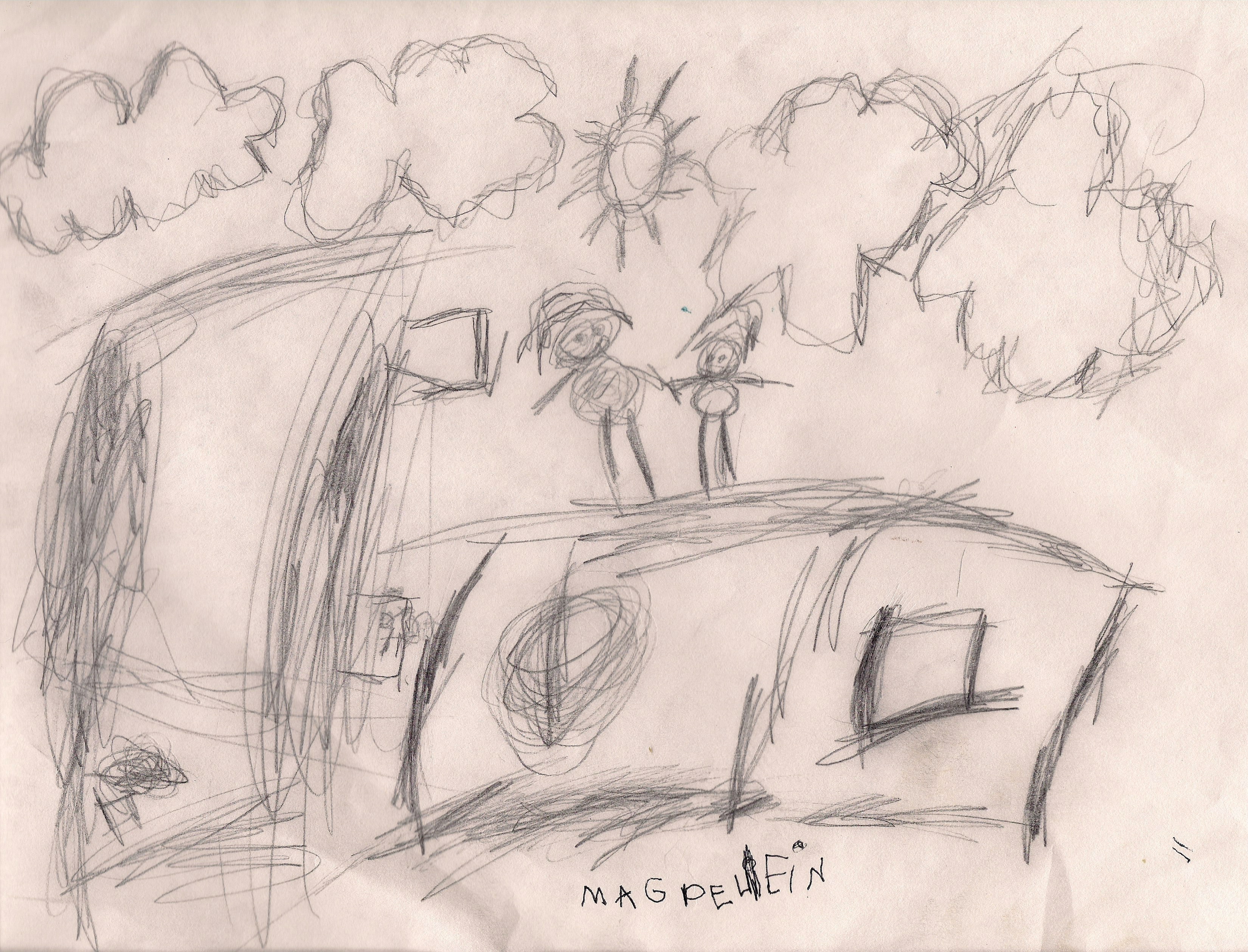
In Praise of Heavenly Mother
I had a rather formative and utterly unique experience in Elders Quorum a few years ago. I taught the Mother’s Day lesson and at the end, after bearing my testimony, not one soul said “Amen.”
-
Give us this day our Daily, One-of-a-Kind, World-Famous, Awesome Magic Brand Bread
By Adrienne Cardon [Adrienne sent me the following submission.] I was just a Beehive when those rosy, soft around the edges Homefront commercials rolled out on late-night television. These iconic spots featured families in motion, well-coifed moms and busy pops who metamorphosed from 90’s corporate dads to storyteller/ballplayer dads in 30 seconds. Family, isn’t it…
-
MR: “Recovering truth: A review of Hans-Georg Gadamer, Truth and Method”
A new issue of The Mormon Review is available, with James E. Faulconer’s review of Truth and Method by Hans-Georg Gadamer. The article is available at: James E. Faulconer, “Recovering truth: A review of Hans-Georg Gadamer, Truth and Method,” The Mormon Review, vol.2 no. 3. [HTML] [PDF] For more information about MR, please take a…
-
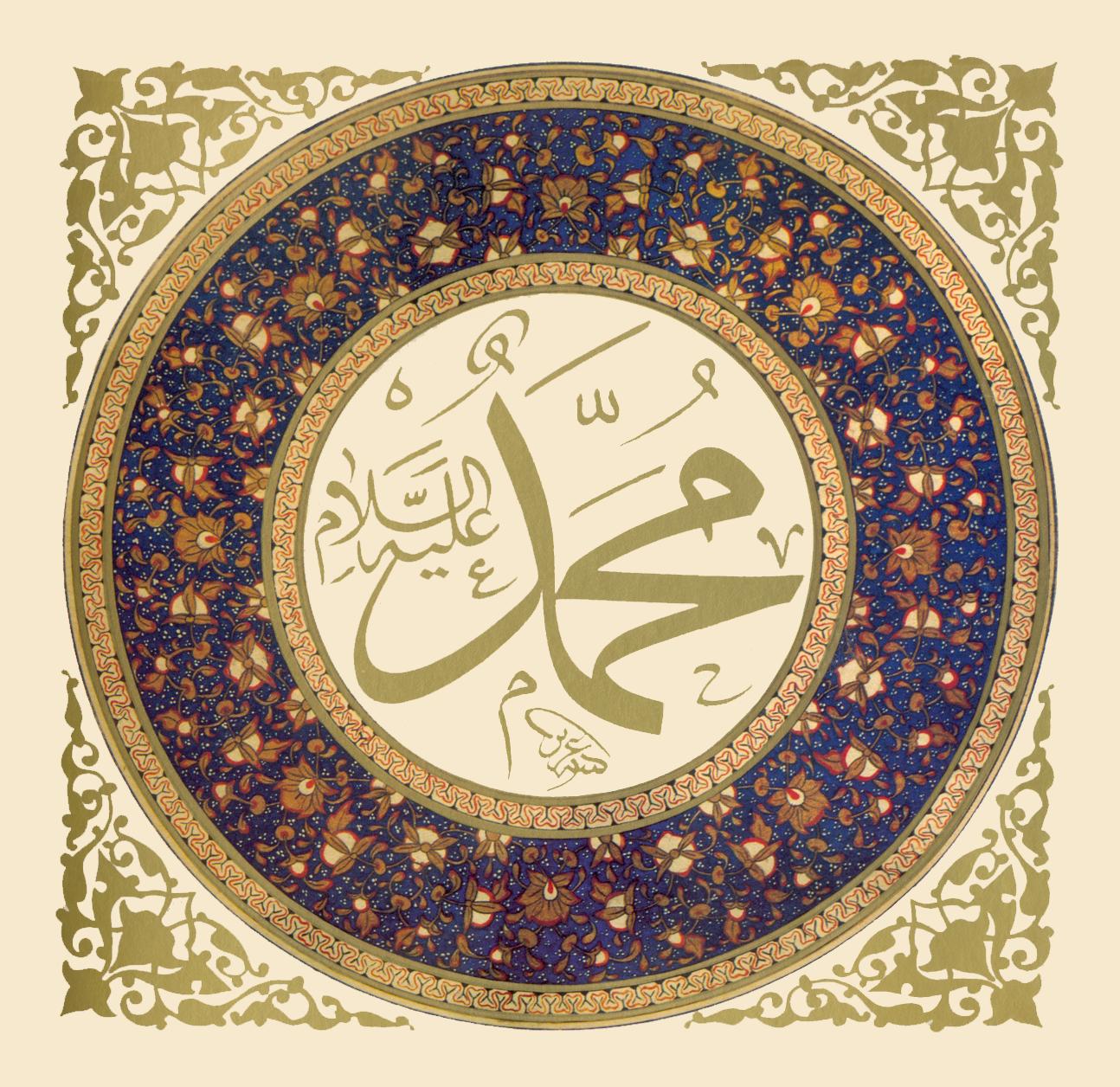
An Apostle on Muslims
Yesterday, I read the following comments on Muslims by an LDS Apostle: I am aware it is not without a great deal of prejudice that we as Europeans, and Americans, and Christians in religion and in our education, so called, have looked down upon the history of Muhammad, or even the name; and even now…
-
Correlation is Killing Sunday School
Once upon a time, there was Sunday School, an independent auxiliary whose officers were appointed by senior LDS leaders and whose primary task was to develop a Sunday School curriculum, and commission and supervise the writing of lesson manuals. They did a nice job. Then came Correlation.
-
Myth and Ritual
Like some of you, I’ve been reading a book or two on the Old Testament, this year’s Sunday School course of study. Most recently I read Susan Niditch’s Ancient Israelite Religion (OUP, 1997), described in the jacket blurb as “a perceptive, accessible account of the religious beliefs and practices of the ancient Israelites.” Too often…
-
Where Is Mormonism Headed?
That theme is addressed from many different angles in The Future of Mormonism series at Patheos. It might be the best online event on Mormonism I’ve seen, with contributors drawn from across the Mormon spectrum. Here are a few highlights. Mormonism in the New Century by Armand Mauss — Mauss sees the retrenchment-assimilation pendulum swinging…
-
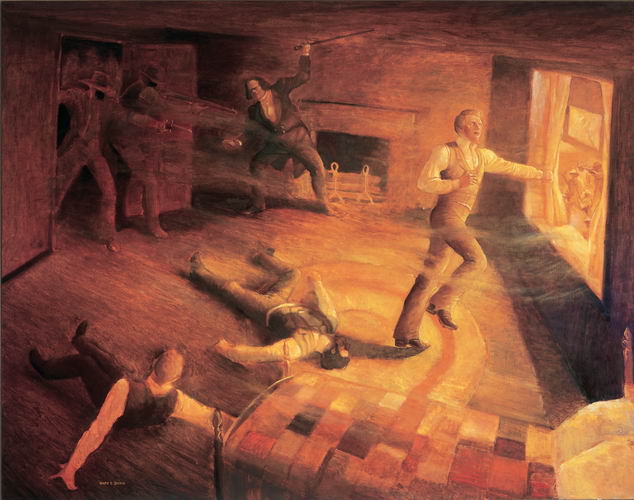
What Did We Lose?
In 70 AD, the Romans capped their extended campaign to crush a Jewish revolt by destroying the magnificent temple in Jerusalem. The Jews lost their temple. Earlier, they had lost political autonomy and the kingship; later, in 132 AD, another Jewish revolt was suppressed and Jews were barred from living in or even entering Jerusalem.…
-
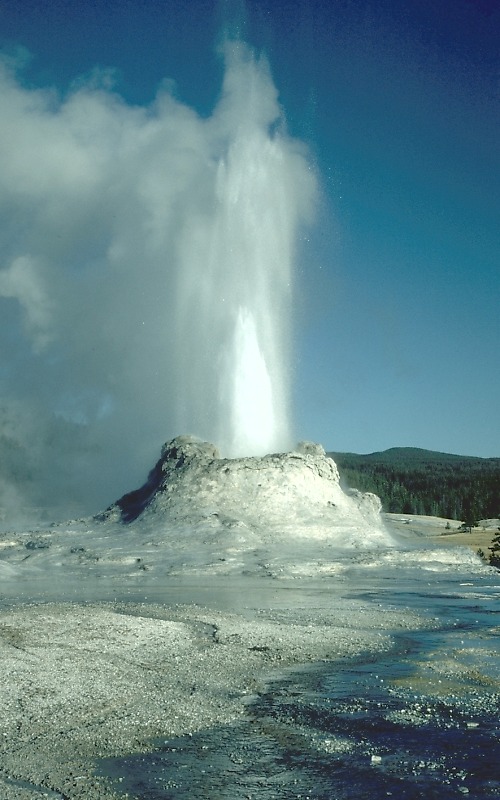
The End of the World
I took a stroll through the End of the World last week. Brought the wife and kids and a picnic lunch. It was beautiful, as always. But one of these days (and it won’t be long) it will be gone. Maybe us too.
-
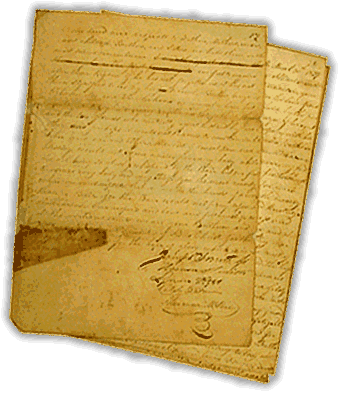
How to write a revelation
I have been working on a paper looking at the Doctrine and Covenants, and my research has me thinking about how the texts of modern revelation were produced. I think that there are a lot of Mormons who assume that the words of the revelations in the Doctrine and Covenants were dictated word for word…
-
Reincarnation, Mormon style
In a PEW survey a few months back, 24% of American adults indicated that they believed in reincarnation (ie, that people will be reborn into this world again and again). Apparently many Christians don’t have a problem overlapping their Christianity with Eastern beliefs.
-
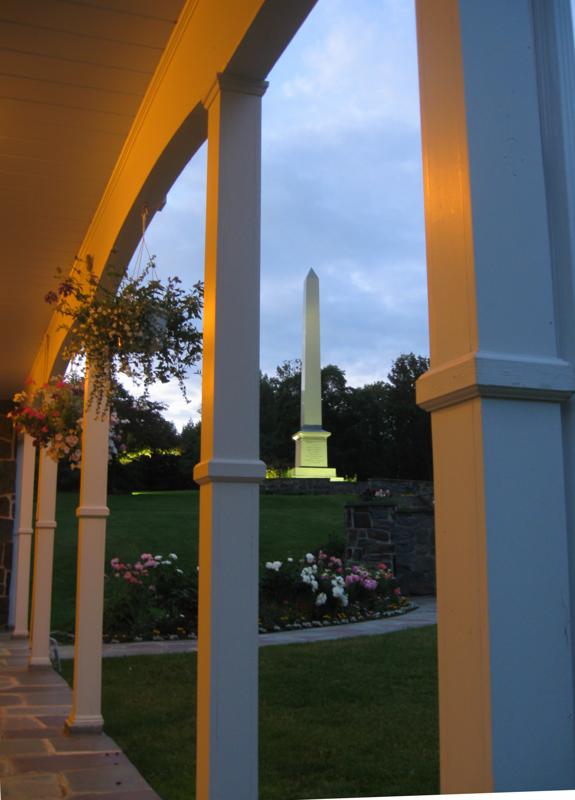
A Mormon Image: Joseph’s Birthplace Memorial At Dusk
“I was born in the year of our Lord one thousand eight hundred and five, on the twenty-third day of December, in the town of Sharon, Windsor county, State of Vermont.” Joseph Smith History 1:3 By Gary Boatright Jr. ___ This picture is part of our ongoing series highlighting Mormon images. Comments to the post…
-
Inoculation Works
I finally picked up and read a copy of Simon Southerton’s Losing a Lost Tribe: Native Americans, DNA, and the Mormon Church (Signature, 2004) a couple of weeks ago. Yet I still attended church last week and have not drafted a resignation letter. Inoculation works. There’s nothing particularly new in the book — it summarizes…
-

An Unexpected Gift
At 3:28 this morning we welcomed a new son into the world. As one would expect, congratulations and well-wishes have come flooding in from friends and family all day. And for all of these we have been moved and grateful. First thing this morning, however, we received a congratulatory gift we hadn’t anticipated. Women housed…
-
A Reading of President Packer’s “Presiding in the Home”
During a great discussion of our most recent general conference, one very bright young woman in my class sincerely asked, “President Packer said that ‘the father presides at the table’ – and I just want to know what that means.”

